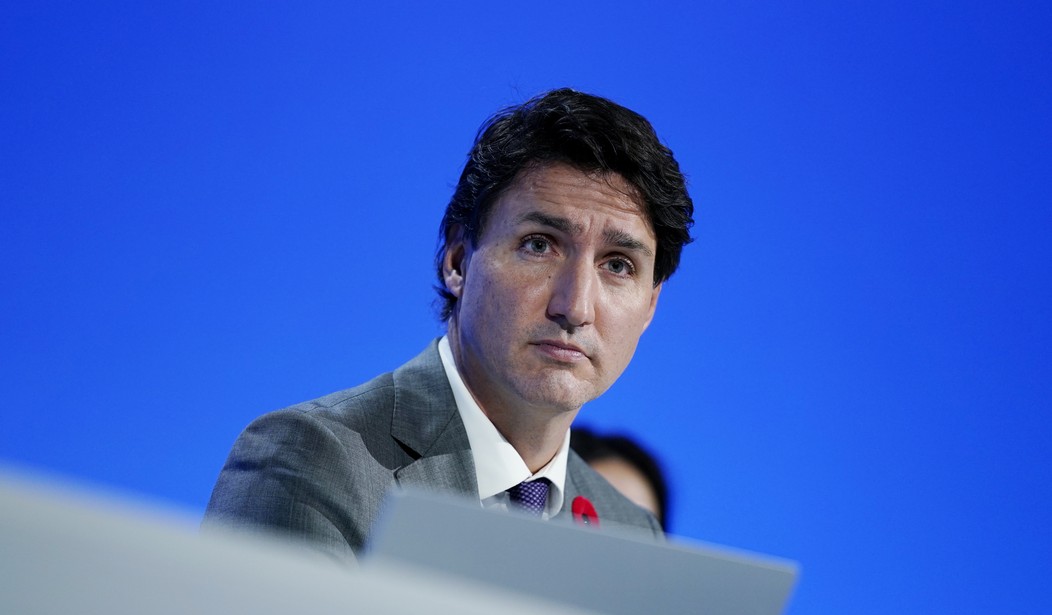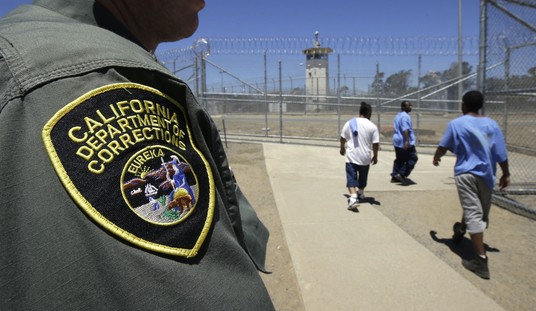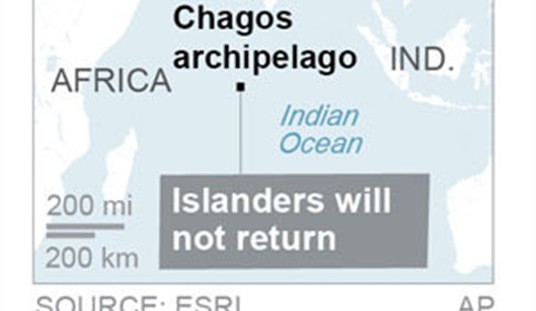You probably remember the Freedom Convoy, made up of a bunch of noisy truckers who protested the Canadian governments COVID mandates and policies. The group blocked streets in downtown Ottawa in January 2022. Eventually Prime Minister Trudeau responded by freezing people’s bank accounts and threaten to seize their property. He was able to do this by invoking a Canadian law called the Emergencies Act which gave him broad powers including the ability to freeze people’s bank accounts.
The act gave authorities broad new powers they used to freeze the bank accounts of protesters, ban travel to protest sites, prohibit people from bringing children to protests and compel tow trucks to clear out vehicles blocking Ottawa streets. Officials have said those measures, especially the ability to freeze accounts, also helped deter blockades at Canada-U.S. border crossings.
There is currently a public inquiry into Trudeau’s use of the act and so far it doesn’t look terribly good for him.
The public inquiry must determine whether Trudeau was justified in using the act. To date, it has heard and seen considerable evidence casting doubt on the Liberal government’s decision.
Police agencies have testified the emergency powers weren’t necessary to end the protest of pandemic public health measures. Senior government officials were shown to have harbored doubts. And perhaps most damaging to the government’s case was a revelation last week that Canada’s national intelligence agency did not find the protests posed a threat to Canada’s security.
In the final week of hearings, it will fall to Trudeau and several of his ministers and senior staff to prove their case: that they needed unprecedented measures to deal with an unprecedented situation.
Canada’s national intelligence service is called the CSIS (Canadian Security Intelligence Service) sounds like the CIA except that it’s allowed to carry out operations domestically. The CSIS told Trudeau that the Freedom Convoy did not present a national security threat to Canada.
Canada’s spy agency told government officials — including Prime Minister Justin Trudeau — before they invoked the Emergencies Act last winter that the Freedom Convoy protests didn’t pose a national security threat and weren’t supported by foreign state interference, according to a document made public Monday.
Ultimately, no activities tied to the pandemic protests across the country ever met the Canadian Security Intelligence Service’s definition of a national security threat, as defined by the CSIS Act, according to the summary of an interview of service director David Vigneault by Public Order Emergency Commission lawyers in August.
Not only did CSIS not see a threat that necessitated the Emergencies Act, they warned Trudeau that invoking it might do more harm than good.
The document reveals that the day before the Trudeau government invoked the act on Feb. 14 in response to the Freedom Convoy protests across the country, CSIS warned the government that it could have significant and far-reaching collateral consequences.
“CSIS advised that the implementation of the EA would likely galvanize the anti-government narratives within the convoy and further the radicalization of some towards violence,” reads the document,” reads the document. It adds that the phenomenon was already noticed when Ontario declared a provincial state of emergency days earlier.
The document also says CSIS warned that invoking the act could also undermine confidence in government and push some with “extreme” views to violence.
But there’s a twist to this story. David Vigneault, the head of CSIS, testified today that while his organization never felt there was a threat necessitating the use of the Emergencies Act, he personally told Trudeau it was the only way to end the Freedom Convoy.
The head of Canada’s spy agency advised Prime Minister Justin Trudeau that invoking the Emergencies Act was “required” to deal with Freedom Convoy protests, despite his organization never finding it posed a specific threat to national security.
Canadian Security Intelligence Service (CSIS) director David Vigneault told the Emergencies Act inquiry during a secret hearing that he advised Trudeau to invoke the act “based on his opinion of everything he had seen to that point” during a meeting on Feb. 13, the day before it was invoked…
Vigneault also told the inquiry that at no point did the Freedom Convoy ever “constitute a threat to the security of Canada,” but that assessment does not include other factors “such as economic harm or environmental harm, even public health harm, and the pandemic,” because they are not included within the confines of the CSIS Act.
I don’t know how things work in Canada but it seems a bit odd that the head of an organization would be offering advice to do something his own agency did not see as necessary. Effectively, he seems to have taken the position that the Emergencies Act wasn’t necessary but would be effective. All of this has led to some understandable criticism of Trudeau’s actions.
Almost no one — not CSIS, not the Ontario police, not even the prime minister himself up until the last minute — really believes the Freedom Convoy protests counted as a threat to the “security of Canada” as defined in legislation, or otherwise met the standard for declaring a national emergency.
But to National Security Adviser Jody Thomas, who recommended using the Emergencies Act, what the experts in law enforcement and intelligence believe just doesn’t matter. Nor does it matter what the legislation actually says. When pressed during her testimony at the Public Order Emergency Commission on Thursday, she said, “The (Emergencies) Act allows for the Governor-in-Council to make a broad decision about public order emergencies.”
In other words, the government can do whatever the hell it damn well pleases.
In the actual world where legislation and the words therein have meaning, a public order emergency, according to the Emergencies Act, must arise “from threats to the security of Canada” that are “so serious as to be a national emergency.”
So how exactly did they justify invoking this act? According to Trudeau’s national security adviser Jody Thomas, the Freedom Convoy represented a threat to democracy.
Prime Minister Justin Trudeau’s national security and intelligence adviser believed that the convey protesters posed a “threat to democracy,” according to a document tabled at the Emergencies Act inquiry…
In an email presented at the Public Order Emergency Commission Tuesday, Jody Thomas, Trudeau’s national security intelligence adviser, writes that she’s looking for a threat assessment.
The email was sent just before noon on Feb. 14 — the day the government announced it was invoking the Emergencies Act and around the time the prime minister was briefing premiers.
“The characters involved. The weapons. The motivation. Clearly this isn’t just COVID and is a threat to democracy and rule of law,” wrote Thomas, whose title is often shortened to ‘NSIA’.
“Could I get an assessment please … It’s a very short fuse.”
Again, CSIS had already determined the convoy was not a threat to Canada. So how did Jody Thomas justify this? She sent the request for an assessment to the Royal Canadian Mounted Police bypassing the leadership and going instead to the RCMP’s director of intelligence and international policing who agreed that the truckers in the convoy had some connections to violent groups. But even her report stated “that the majority of protesters had been peaceful.”
During the inquiry, lawyers asked the leadership of the RCMP if the threat assessment had been made properly. They claimed they couldn’t remember if they were briefed on it as it was happening and a commission lawyer suggested that under the time pressure, “It might be understandable that corners were cut or direct contact was used.”
It really sounds like they were just making it up as they went along but my confidence that Justin Trudeau will ever be held accountable for his own actions is pretty low at this point.







Join the conversation as a VIP Member